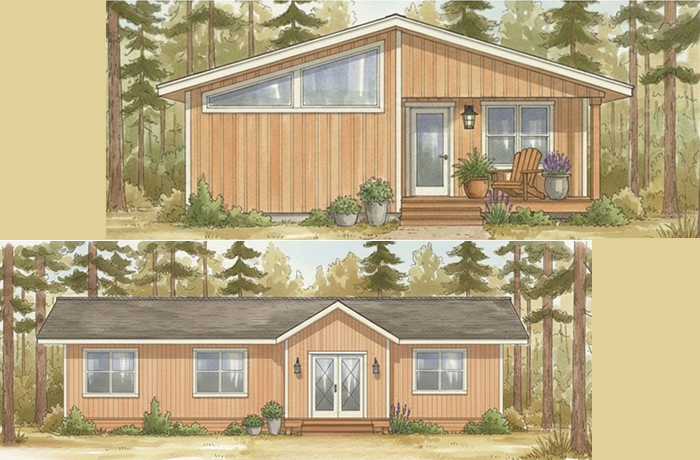“Finding Our Way” tells of deep historic wounds and the challenge of healing
OPAL Community Land Trust, the Orcas Island Council of Churches and the Oddfellows are co-sponsoring a screening of “Finding Our Way,” a film by part-time Orcas Islander Leonie Sandercock. The film will be shown on Saturday, February 26th at 3:00 pm at the Oddfellows Hall, followed by a discussion with the filmmaker.
This is a story of a people dispossessed, deep historic wounds, and still unresolved conflict between Indigenous people, governments in Canada and industry. It’s a story of the struggles of two First Nations in the Carrier territory of north central British Columbia, Canada, for land and sovereignty, for healing and revitalization.
The film is structured into three chapters: “The Contagion of Colonization,” looks at the historical circumstances, including the settlement of the west, Canada’s Indian Act and the Residential School system; “High Noon at Burns Lake,” tells the story of the Ts’il Kaz Koh First Nation, or Burns Lake Band. Its people have been in conflict with the Village of Burns Lake over appropriated lands for almost a hundred years; and “Keeping Our Heads Above Water,” tells the story of the Cheslatta Carrier Nation, whose people were evicted from their homeland in 1952 by Alcan’s hydroelectric project.
This is a story with a question mark. After almost a century of apartheid in this region, the film asks: Is there a way forward?
Reviewer Aftab Arfan from Vancouver, BC writes: “Here is a unique story about native-non-native relationships …that is simultaneously a universal story about misunderstanding, violence, ambition, righteousness, pain, and survival. As with the best of stories, it holds up a mirror to our own cross-cultural experiences, challenges us, makes …us uncomfortable, forces us to slow down and listen …and from there we begin finding our way forward.”
Leonie Sandercock is an author, screenwriter, and documentary filmmaker. Leonie is also a Professor in the School of Community & Regional Planning at the University of British Columbia. Born in Australia, she makes her home in Vancouver BC and on Orcas Island.
Admission is by donation. Light refreshments will be served.
**If you are reading theOrcasonian for free, thank your fellow islanders. If you would like to support theOrcasonian CLICK HERE to set your modestly-priced, voluntary subscription. Otherwise, no worries; we’re happy to share with you.**







